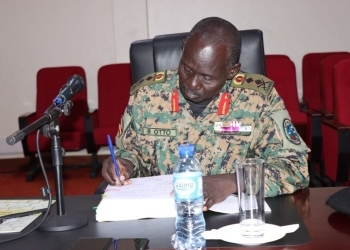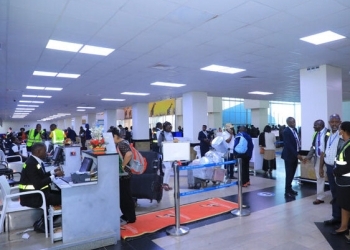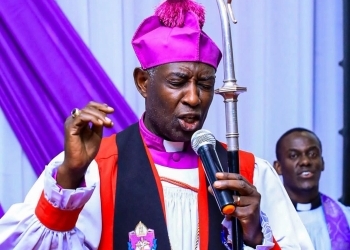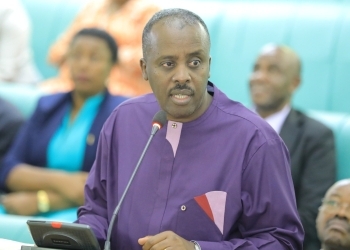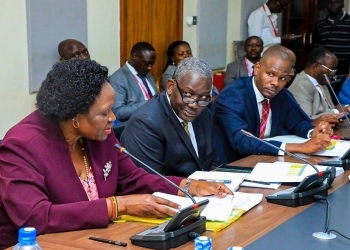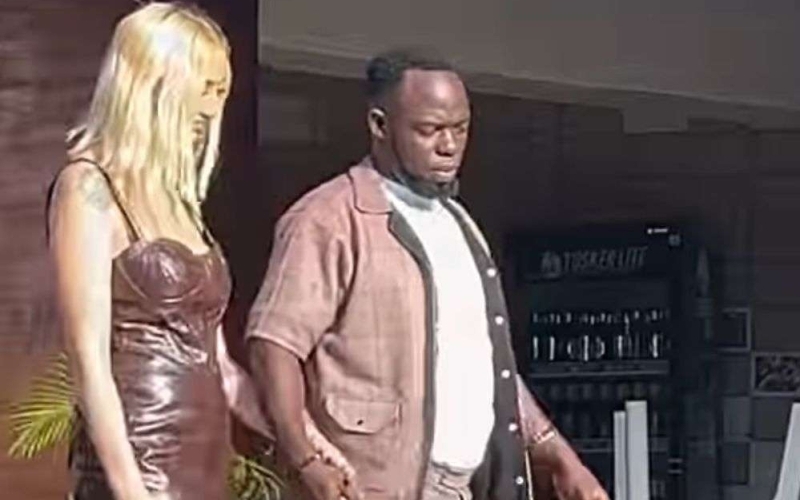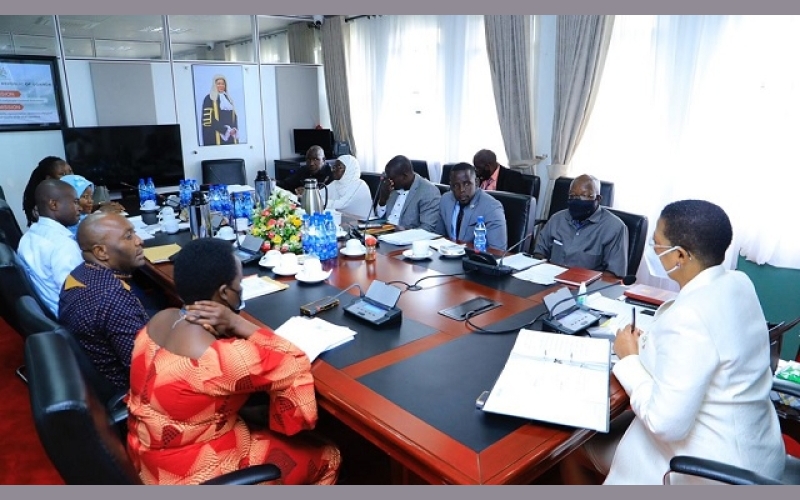
Parliament has passed the Judicature (Amendment) Bill, 2023 rejecting government’s proposal to increase the number of Supreme Court justices from 11 to 21.
The House also rejected the amendment to increase the justices of the Court of Appeal from 15 to 56, providing for only 35 Judges.
Government’s justification for the increase was to cure the backlog at the two courts so as to improve service delivery at those levels.
Parliament’s decision follows the findings of the Committee on Legal and Parliamentary Affairs, which argued that the increase in the number of judges is not necessarily the cure for delivering effective justice.
“Increasing the number of justices of the Supreme Court will not solve case backlog since case backlog is not caused, by lack of justices of the Supreme Court, but by other matters including inefficiency, poor case management and the Jurisdiction of the Supreme Court which allows every matter to be referred to the Supreme Court,” said Robina Rwakoojo, the committee chairperson.
Rwakoojo said her committee considered that the legal and financial implication of the proposed amendment was not well conceptualized by the drafters of the Bill.
“The Committee is concerned that increasing the number of justices of the Supreme Court will increase government expenditure. Whereas government issued a certificate of financial implications, the certificate does not take into account the additional costs required to make the additional justices effective in executing their mandates,” said Rwakoojo.
She added, “we are aware that a Justice of the Supreme Court is entitled to certain facilities, including body guards, research officers, house helps and other persons who facilitate the justices to deliver on his or her mandate. These people are paid from the consolidated fund and the costs associated with their employment were not considered yet they will burden the taxpayer”.
The committee examined other means of managing backlog in court, which they recommended to government, other than simply increasing the number of judges. It proposed that the Chief Justice invoke article 41 of the Constitution to appoint justices temporarily to deal with case backlog in the Supreme Court.
“This is cheaper and more effective since the acting justices are not entitled to retirement benefits and once case backlog is cleared, then the appointment of such persons is revoked,” Rwakoojo said.
The Judicial Service Commission shares a similar view, said Rwakoojo, stating that the President has in the past appointed judicial officers temporarily to deal with a specific need in the judiciary.
She proposed a review of the jurisdiction of the Supreme Court so that it handles only matters of law, thereby reducing the matters that the Supreme Court can file. The committee was cognizant that currently all matters can be appealed to the Supreme Court including those which lower courts should ordinarily handle.
To further manage the backlog, the committee recommended the expansion of the mandate of the of the magistrate's Courts to ease the workload of higher courts.
Ndorwa County East MP, Wilfred Niwagaba, expressed concern that the government is seeking more judges. However, since 2008 failed to appoint the 11 judges prescribed for the Supreme Court and the 15 judges for the Court of Appeal under the Judicature Act.
“We did pass the Judicature Amendment Act in 2008 and increased the number of justices of the Supreme Court to 11, but up to now there are nine judges; why can’t you first appoint the 11?” asked Niwagaba adding that “the current law provides for 15 judges in the court of appeal, but only 12 have been appointed. So will you appoint the 35 when you failed to appoint the 15?”.
The Minister of Justice and Constitutional Affairs, Nobert Mao, reiterated that the appointments were delayed by the operations of the Judicial Service Commission which he said is now well-constituted and functional.
“Now that the Judicial Services Commission is fully functional and constituted, we promise to make these appointments. We have agreed to foster access to Justice to deal with the practical matters. We are dealing with people waiting for their appeal cases to be heard. I'm dealing with the health of court of appeal judges and the backlog which ties them down,” said Mao.



